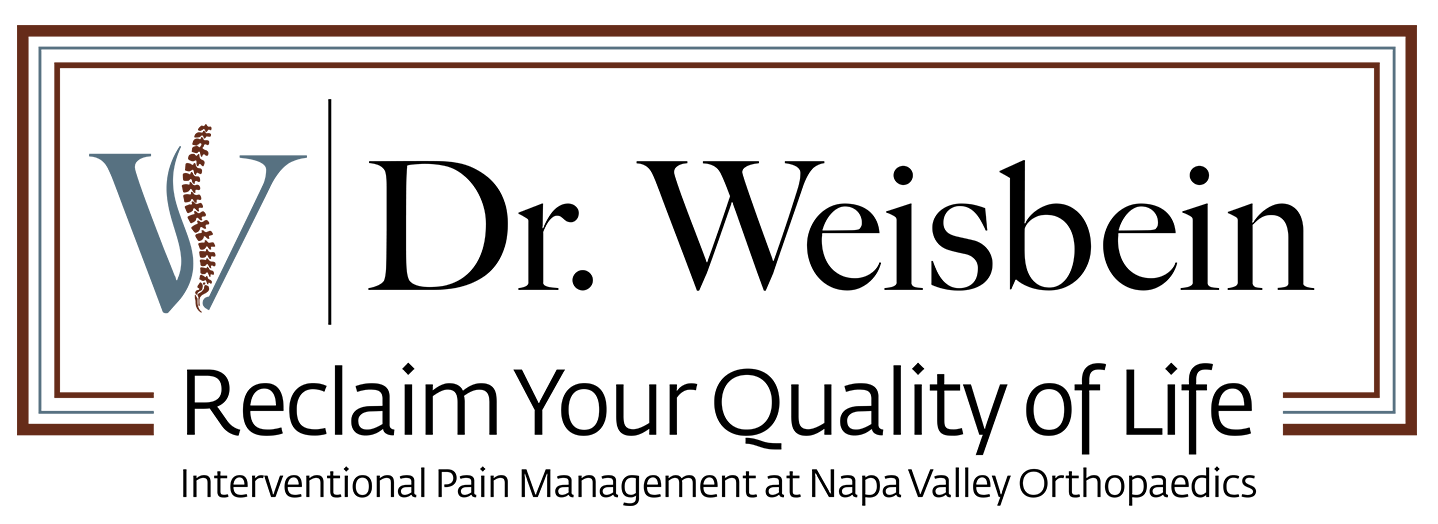Sciatica
Your sciatic nerve is the largest nerve in your body. When it’s compressed or irritated, you can develop sciatica, a combination of painful and disruptive symptoms, including lower back pain and numbness in your legs.
What is sciatica?
Sciatica is the name for the group of symptoms caused by compression or irritation of your sciatic nerve. Your sciatic nerve starts in your lower back and splits to extend down both sides of your buttocks and legs, ending at your feet. Depending on the location of your sciatic nerve compression, you may experience:
Lower back pain
Pain that shoots down one or both of your legs
Numbness
Tingling sensations
Loss of balance
If you have these symptoms, you should make an appointment with Dr. Weisbein. When left untreated, your risk of falling or developing bowel or bladder problems increases.
What are the causes?
A herniated disc in your lumbar (lower) spine is the most common cause of sciatica. However, any condition that compresses your sciatic nerve can trigger pain. For example, other causes include:
Spinal stenosis
Spondylolisthesis
Degenerative disc disease
Muscle spasms in your lower back or buttocks or tightness in your piriformis muscle can also irritate your sciatic nerve. You may also develop sciatica following an injury to your back or trigger symptoms by overdoing it at the gym or not cooling down correctly.
How is sciatica diagnosed?
In many cases, Dr. Weisbein can identify sciatica after talking to you about your symptoms. However, she’s an extremely thorough physician and runs tests to confirm her suspicions. For example, she may ask you to perform some stretches that put pressure on your sciatic nerve and trigger your symptoms.
She may also order X-rays or MRIs to examine your internal structures and locate the nerve compression. Nerve function and conduction studies help her pinpoint the precise location of the nerve compression that’s causing your pain.
What the treatment options for sciatica?
Treatment has two goals: to alleviate your symptoms and relieve the compression on your sciatic nerve. Dr. Weisbein creates customized, multimodal treatment plans to address your specific needs. Your treatment plan may include:
Anti-inflammatory medication
Steroid injections
Physical therapy
If conventional treatments don’t alleviate your pain or if your diagnostic tests indicate permanent nerve damage, Dr. Weisbein may suggest nerve blocks or spinal cord stimulation to relieve your symptoms.
If low back pain is interfering with your quality of life, schedule an appointment with Dr. Weisbein. To schedule a new patient appointment, please call (707) 254-7117 or submit an Online Appointment Request here: New Patient Intake Form. If you are an existing patient, please call (707) 603-1078.
